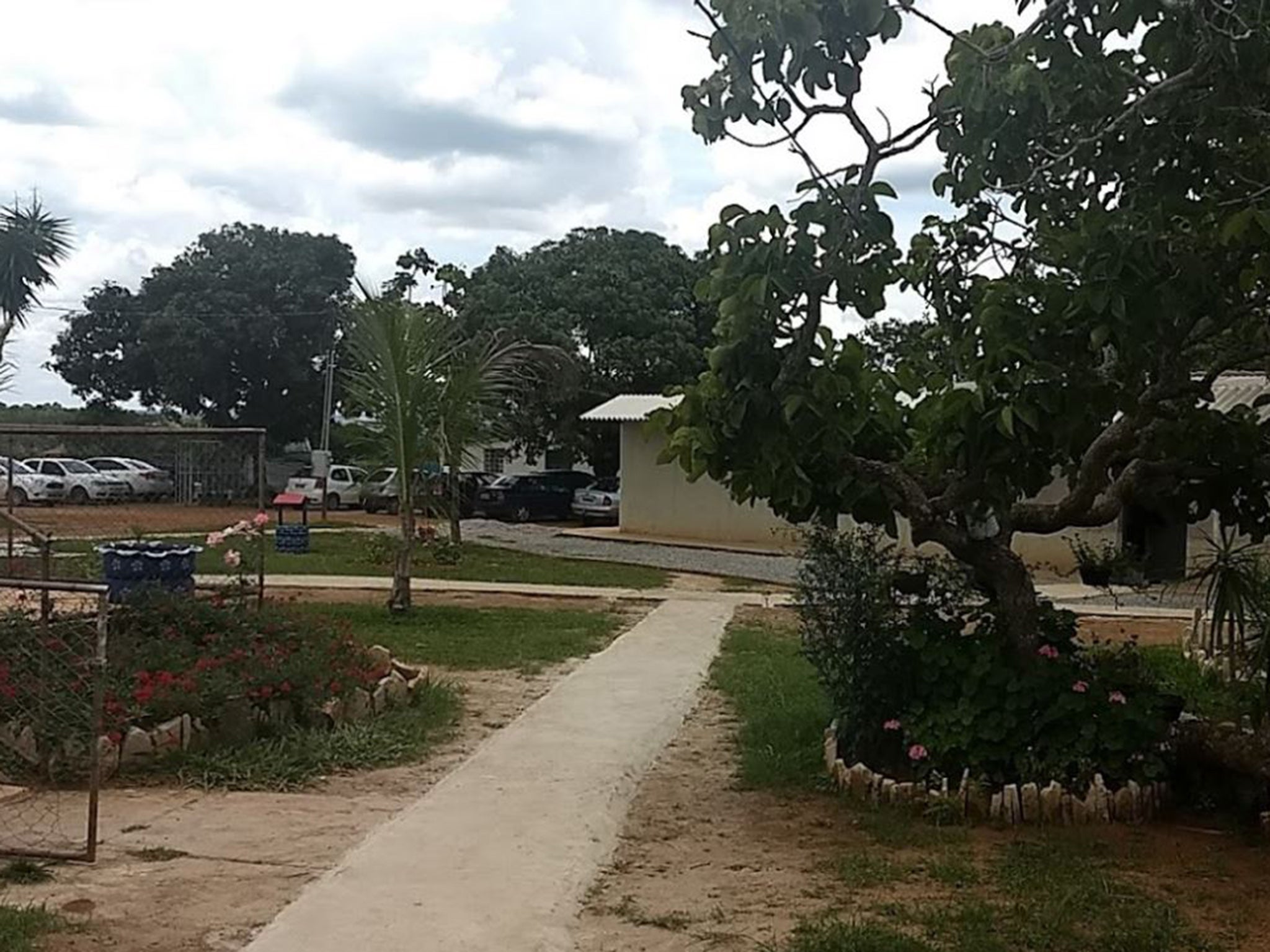Doomsday cult raid in Brazil reveals dozens 'working for spiritual salvation before world ends'
Suspected slaves found on site 'believe world is nearing its end', labour inspector says

Your support helps us to tell the story
From reproductive rights to climate change to Big Tech, The Independent is on the ground when the story is developing. Whether it's investigating the financials of Elon Musk's pro-Trump PAC or producing our latest documentary, 'The A Word', which shines a light on the American women fighting for reproductive rights, we know how important it is to parse out the facts from the messaging.
At such a critical moment in US history, we need reporters on the ground. Your donation allows us to keep sending journalists to speak to both sides of the story.
The Independent is trusted by Americans across the entire political spectrum. And unlike many other quality news outlets, we choose not to lock Americans out of our reporting and analysis with paywalls. We believe quality journalism should be available to everyone, paid for by those who can afford it.
Your support makes all the difference.More than 70 people living in slavery-like conditions have been discovered on a farm in Brazil by police investigating a religious cult.
The site is believed to be run by Igreja Adventista Remanescente de Laodiceia, a religious community of about 300 people in the capital city of Brasilia, an ongoing investigation revealed.
The 79 suspected slaves found working in dangerous conditions on the farm for little or no pay are members of the cult and have not asked for help, police said.
Since Brasilia was founded in 1960, it has become a magnet for unorthodox religions with many believing that the plateau that the city rests on is endowed with crystals that can be seen from space.
Labour inspector Rodrigo Ramos said they observed “strong psychological coercion” among the workers at the farm.
“(The followers) believe they work for their own spiritual salvation,” he said.
"They think the world is nearing its end, and that they can be saved [by staying] in this community."
Last year Brazilian officials found authorities found 565 suspected slaves working for the church of Igreja Cristã Traduzindo o Verbo across three states
However, authorities struggled to stop the abuse as some of the suspected slaves refused to be rescued.
According to Mr Ramos, the leaders of cult found in Brasilia were “enriching themselves off the work done by their followers”.
People living in the community made and sold bread, crops, books and sheets but received less than the minimum wage for their labour. It is believed they had to pay for their own food, clothing and accommodation.
Police investigating the case said some of the machinery used by the workers on the farm put their lives at risk.
Members of the cult also had to sleep in degrading conditions in makeshift tents, the Federal Public Prosecutor wrote in a statement.
A room where dangerous pesticides were stored was only separated from an area where workers slept with an improvised wall made of cardboard, they added.
State officials have seized the ledgers and documents containing payments and expenditures for each person who was in the cult.
Authorities also shut down the workshops and commercial enterprises on the farm. However, they are unable to force people to leave the compound as it is on private property.
Mr Ramos said the leaders of the cult will be charged for keeping workers in slavery-like conditions and will have to pay compensation to those harmed by their practices if found guilty.
A spokesperson from the prosecutors office said: "It bears emphasising that the operation does not mean to interfere in the religious beliefs of any citizen. But it is a duty of the state to act positively so that workers have their fundamental rights secured."
Additional reporting by Reuters
Join our commenting forum
Join thought-provoking conversations, follow other Independent readers and see their replies
Comments